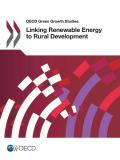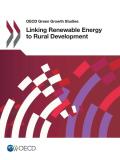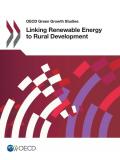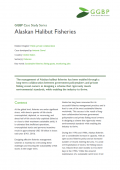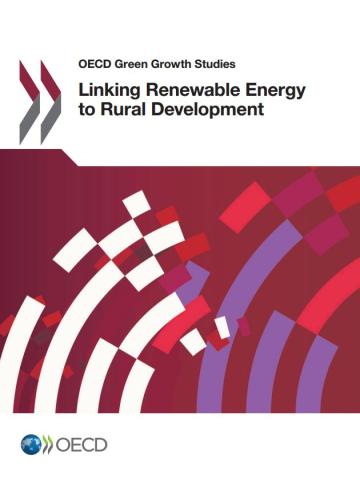
Oregon covers a vast territory that is well endowed with natural resources, supporting early specialisation in the energy sector. This case study has a specific focus on Wallowa County, which is a predominantly rural region at the eastern edge of the state. Renewable energy policy in Wallowa County has aimed more at employment creation and has had to be closely coupled with existing rural industries, in this case forestry and agriculture. Timber harvesting and thinning can be combined with biomass development for heating, while small- and micro-scale hydro can be introduced into existing irrigation channels. Such micro-scale activities reduce costs for existing enterprises and can provide additional employment – as the common phrase goes, “energy has to have a job”.
This paper offers four main findings: i) Locally designed renewable energy policy supporting small-scale intervention enables rural communities to explore new economic development opportunities; ii) Renewable energy deployment can complement existing rural business, such as forestry, and promote the sustainable use of natural resources. iii) At the local level modest subsidies can focus attention on those renewable energy projects that are best suited to local conditions and most likely to be commercially viable. iv) Renewable energy policy can play a role in creating rural institutions (governments, NGOs, business networks) able to transfer knowledge from one rural community to another, to replicate good policy approaches.

